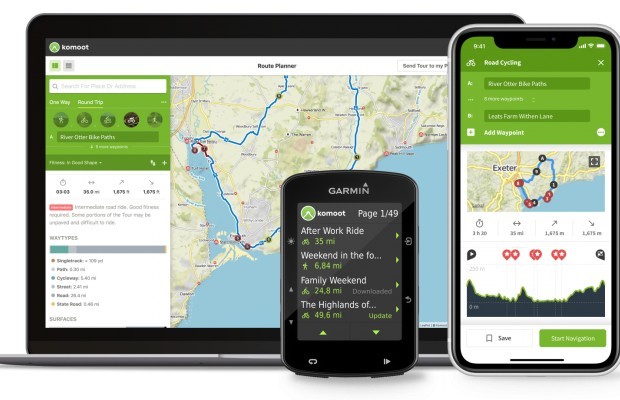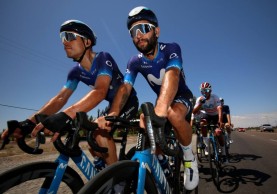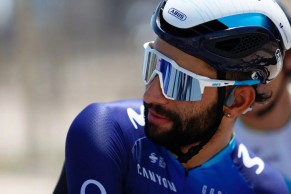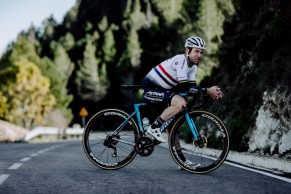Why Gaviria is so important for Movistar
The Colombian sprinter returned to his old ways and scored his first victory in stage 4 of the Vuelta a San Juan, beginning to make good on Movistar's commitment to a figure historically overlooked in Spanish cycling. The need to accumulate UCI points based not only on victories but also on good positions has made the figure of the finishers take on an unusual importance in the heart of the peloton.

Movistar wants no surprises with the points
It was surprising, once the 2022 season was over, when Movistar announced its signings for the current campaign, that the star addition was a sprinter like Fernando Gaviria, in a team that historically had its eyes fixed almost exclusively on disputing tours by stages and whose team paradigm was to have men capable of supporting their leaders.
The closest to fast men have been powerful riders such as the now director Txente García Acosta or nowadays, figures such as Imanol Erviti and José Joaquín Rojas, the latter, a sprinter in his origins although, being a step behind the victory, he reconverted to the role of support rider, which he assumes with more than enough solvency.
RECOMENDADO

What would you do if you won the lottery? This cyclist bought himself a €20,000 bike

Tips for cycling in the rain

25 cycling gifts ideas to get it right

When do helmets have to be changed? Do they have an expiration date?

The best apps for cycling and mountain biking

Black Friday 2025 cycling bargains: save on Garmin, POC, Maxxis and more
What has made Movistar suddenly opt for a pure sprinter like Fernando Gaviria? Surely the difficulties to maintain the UCI World Tour category during the last season have played an important role in the decision to opt for a rider profile capable of achieving good positions, and even winning victories ahead of top sprinters in races that were usually out of Movistar Team's focus.

In fact, in the 4 stages of the Vuelta a San Juan, Gaviria has two third places and a victory, which means accumulating 45 points in just 4 days of competition, a considerable achievement, especially if we take into account that the Argentinean race is a category 2.pro so the amount of points that are disputed is not as big as if it were a World Tour race despite being facing top level rivals like Bennett, Jakobsen or Nizzolo.
In any case, betting on the figure of Fernando Gaviria has been a risky option for Movistar. Not because he is a sprinter but because of the grey years that the rider from La Ceja was going through during his time with UAE Team Emirates, where he had a limited number of victories. However, for the moment, he seems to have found his winning instinct again. Not because of the victory but because it was a stage in which other fast men suffered with the pass that crowned at more than 2,200 m at the beginning of the day while he managed to pass with solvency and finish the stage in a convincing way. Undoubtedly, good signs.

Movistar is not the only team that has relied on the figure of the sprinter without having a tradition of having a sprinter in its ranks. Perhaps more surprising is the signing of Mark Cavendish with Astana, a team that we would classify as a team of climbers and which will find in the legs of the British rider a new range of possibilities for victory in races in which they usually started with no chance of doing well.
It is curious to note the new importance that sprinters have taken on in the squads when in recent years their figure began to be relegated to the background due to the increasingly broken routes proposed by the organisers, which have made it increasingly difficult for the pure sprinters to reach the last kilometres of the races with the guarantee of being able to compete for the victory.

That is why today's sprinter has to be a rider who adds to his top speed a certain touch of versatility that allows him to play other trump cards such as trying to catch a big cut or having enough solvency to survive in the most dignified way possible in mountainous terrain.